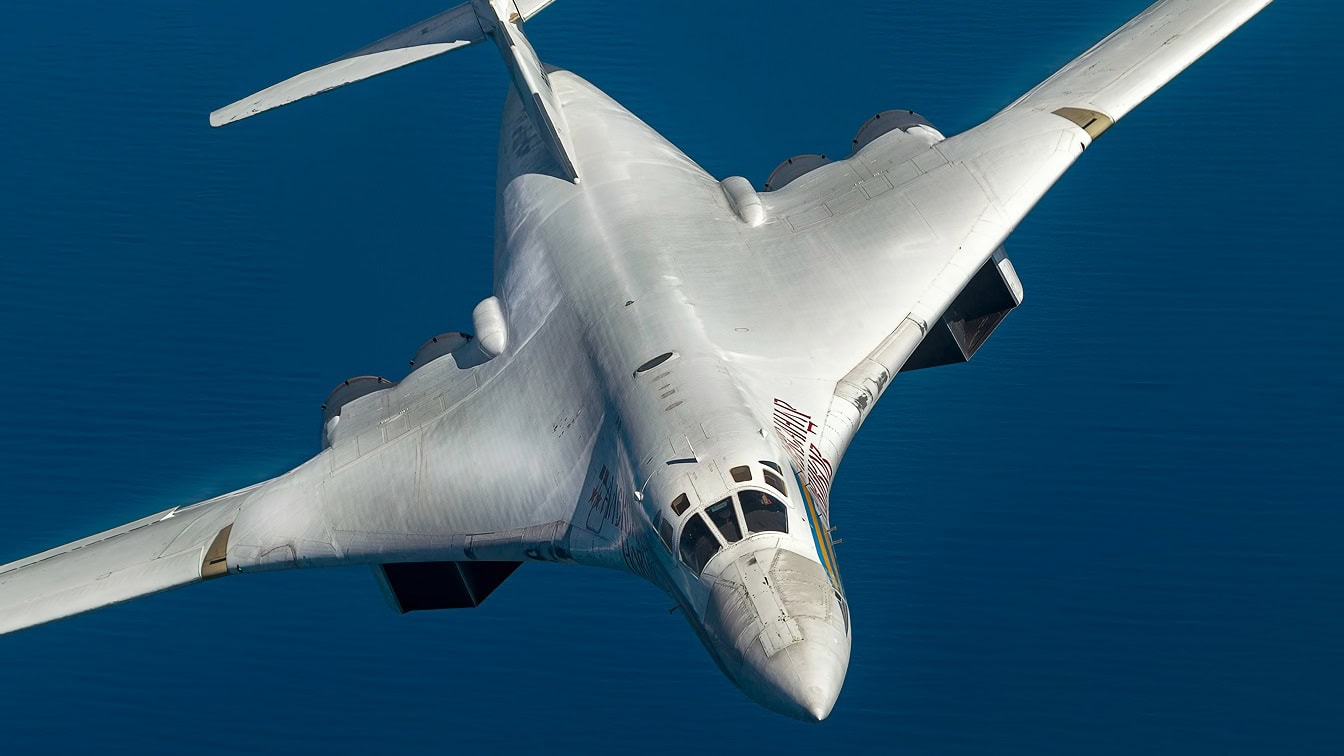Putin’s Threats Haven’t Worked: Russian President Vladimir Putin may have announced the annexment of four regions of Ukraine on Friday, but he, the Kremlin, and his own military know that the announcement changes virtually nothing on the ground in Ukraine.
Ukrainian troops continue their counter-offensive in the east, seeing victories in the Lyman region of Donetsk, on Friday. Russia’s promise of 300,000 more troops deployed on the frontline also comes with the caveat that many of those soldiers are unprepared and untrained, and with a lack of advanced weapons, it’s hard to see how Russia can effectively fight back against new rounds of NATO-standard military equipment and weapons on their way from the United States and Western Europe.
With that in mind, it’s not hard to see why the Russian president threatened to use nuclear weapons in a national address last Wednesday – a threat that Putin likely hopes he won’t have to follow through on. Going by the West’s response, however, it looks as though Putin will be pushed to prove that he wasn’t bluffing over the use of tactical nuclear weapons after all.
NATO Reaffirms Ukraine Commitment
NATO Secretary General Jens Stoltenberg confirmed on Friday that Putin’s threats of nuclear conflict, as well as his decision to mobilize hundreds of thousands more troops in Ukraine, had not changed NATO’s position on the conflict.
“We have the combination of the mobilization in Russia, combined with the reckless, dangerous nuclear rhetoric, and then today’s illegal annexation, or attempt to annex parts of Ukraine,” Stoltenberg said.
“Together this is the most serious escalation of the conflict since the start and the aim of President Putin is to deter us from supporting Ukraine. But he will not succeed in that,” the NATO chief said during a press conference.
Stoltenberg made the comments after Putin said during a ceremony in Moscow that his military had begun the process of annexing four regions of Ukraine, totaling 15% of the country’s territory, despite not having full control over all of those territories. Stoltenberg described Putin’s efforts as the “largest attempted annexation of European territory by force since the Second World War” and argued the recent referendums in those territories were a “sham.”
Speaking on behalf of NATO member states, Stoltenberg said that NATO allies don’t recognize the annexation as legitimate, and called on all other states to “reject Russia’s blatant attempts at territorial conquest” in Ukraine.
Biden Calls for Global Punishment of Russia
President Joe Biden also expressed his intention to continue supporting Ukraine even after Putin’s threats of nuclear conflict, effectively calling the Russian president’s bluff even after he insisted “I am not bluffing.”
Hours after Putin gave a speech in Moscow on Friday declaring Russian control over four regions of Ukraine, the U.S. president described Putin’s declaration as “fraudulent” and accused him of violating international law.
“The United States is never going to recognize this, and quite frankly the world is not going to recognize it either,” the president said, adding that Putin cannot simply “seize his neighbor’s territory and get away with it.”
The president also issued a statement urging all members of the international community to “reject Russia’s illegal attempts at annexation and to stand with the people of Ukraine for as long as it takes.”
On the one hand, it’s bad news for the Russian president. The United States refusal to back down, along with new sanctions designed to further hinder Russia’s technology and defense sectors, will hurt Putin’s military on the frontlines and will put further pressure on the Russian president to reverse course for the sake of the national economy. On the other hand, the international community’s dedication to implementing increasingly damaging sanctions on Russia feeds into the Russian president’s narrative that the West is attempting to “destroy” Russia.
Putin did, of course, disingenuously ignore the fact that the West only intends to punish Russia for as long as it continues to illegally occupy Ukraine – or perhaps until Putin steps down or concedes defeat and promises never to try this again. Regardless, as long as Putin has emotive reasoning for his war in Ukraine and the West continues to implement these sanctions and support the Ukrainian military, he may just have the backing he needs from the Russian people for the time being.
The question now is whether Putin will go ahead with his promise of using tactical nuclear weapons to defend Russia and whether the Russian people will still support him if he embarks on a nuclear war with Ukraine and the West.
Jack Buckby is a British author, counter-extremism researcher, and journalist based in New York. Reporting on the U.K., Europe, and the U.S., he works to analyze and understand left-wing and right-wing radicalization, and reports on Western governments’ approaches to the pressing issues of today. His books and research papers explore these themes and propose pragmatic solutions to our increasingly polarized society.

